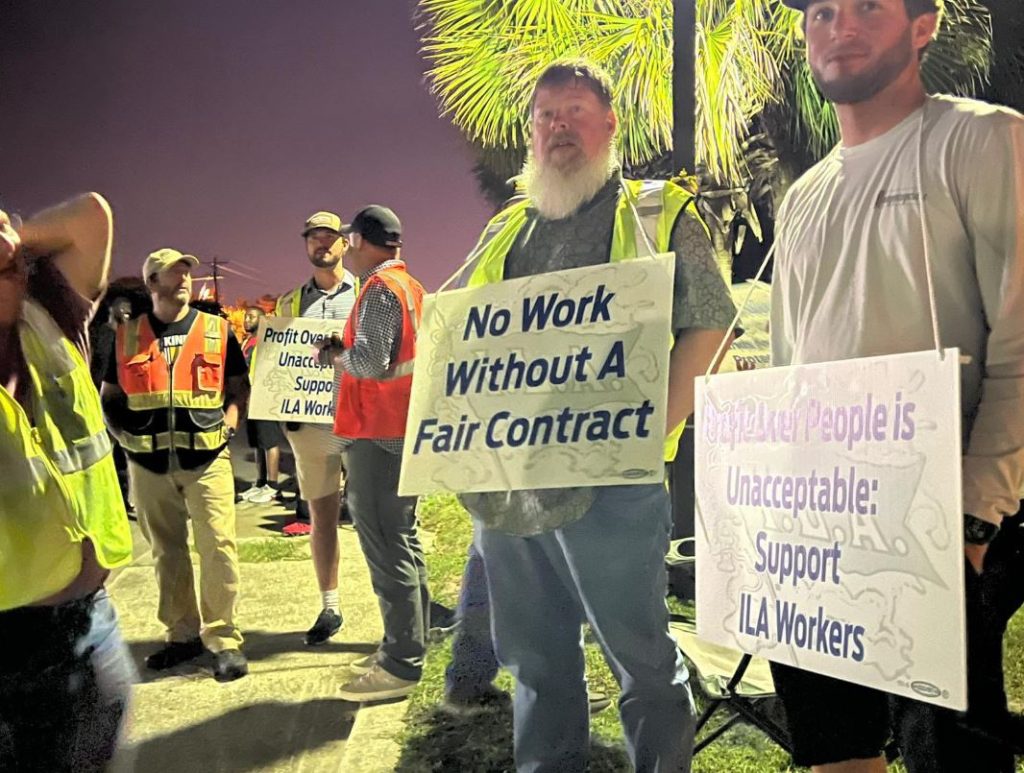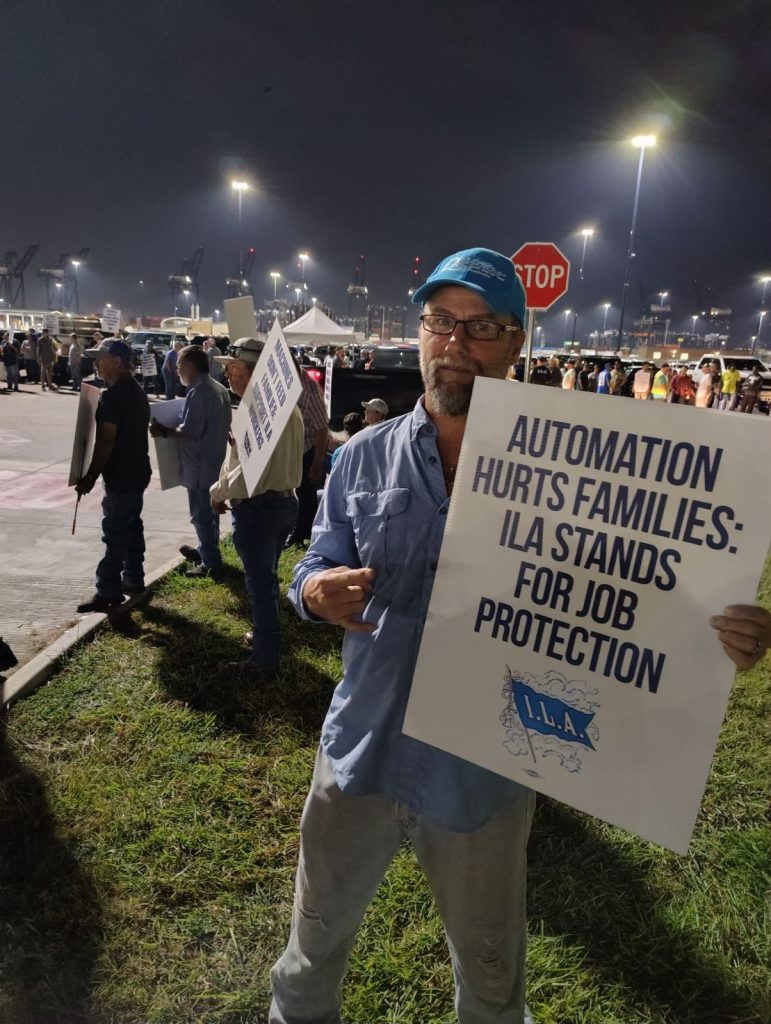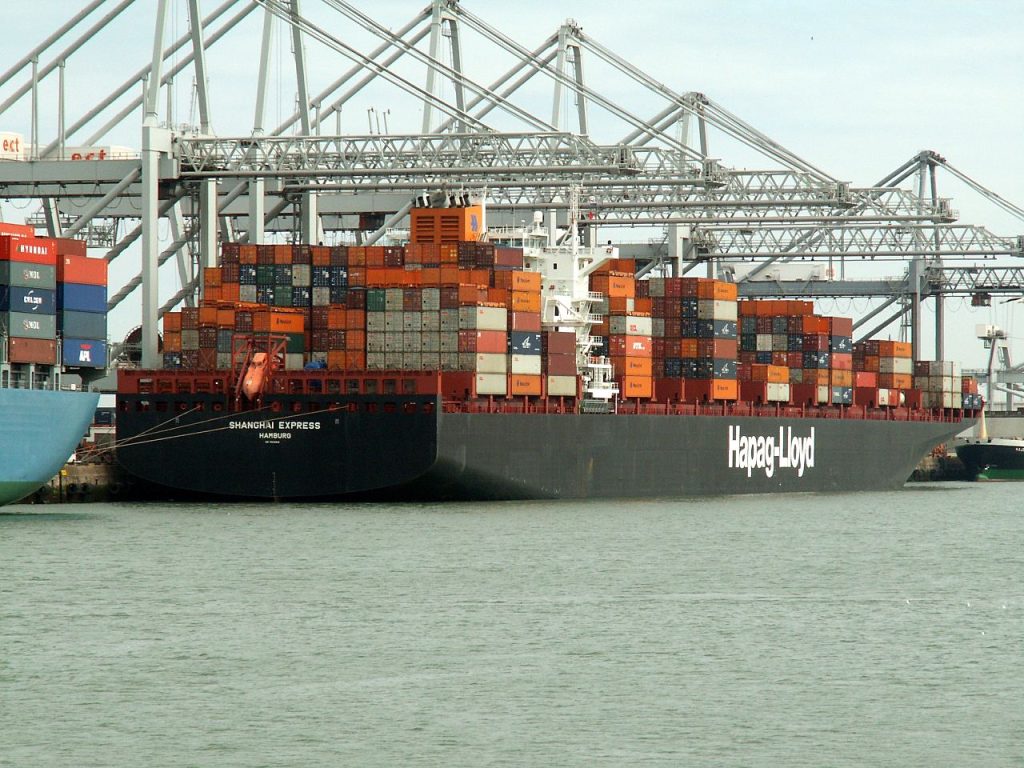The International Longshoremen’s Association (ILA), representing tens of thousands of dockworkers across the U.S., has agreed to suspend its strike following a tentative agreement on wages. The strike, which began on Tuesday, halted container traffic at 14 major ports along the East and Gulf coasts, including ports from Maine to Texas.

Dockworkers will return to work on Friday, as part of a deal to continue negotiations in January 2024. According to a joint statement by the ILA and the employers’ group, the United States Maritime Alliance (USMX), “Effective immediately, all current job actions will cease, and all work covered by the Master Contract will resume.” Negotiations on unresolved issues, including automation, are set to continue after this temporary period.

Governor Ron DeSantis’ decision to mobilize the National Guard to keep Florida’s ports operational was a significant move in response to the strike. The strike had threatened to cause severe disruptions in the supply chain, particularly during the holiday shopping season. The ILA and USMX reached an agreement that includes a 62% wage increase over the next six years, though this remains tentative as broader issues are still on the table.

U.S. President Joe Biden applauded the agreement in a statement, calling it “critical progress toward a strong contract” and commending the dockworkers for their efforts during the pandemic. Biden highlighted the importance of keeping the ports open, especially in the aftermath of Hurricane Helene, which has affected parts of the U.S. Southeast.

“The decision to end the current strike and allow the East and Gulf coast ports to reopen is good news for the nation’s economy,” said Matthew Shay, president and CEO of the National Retail Federation, echoing the relief felt by business owners across the country.

Under the new contract proposal, dockworkers will see their wages increase by 62% over six years. However, negotiations are set to resume in January, when the ILA will continue to push for protections against automation and other remaining issues.

While the strike has been temporarily suspended, its impact will still be felt in the coming weeks, as companies like Germany’s Hapag-Lloyd estimate that it could take three to four weeks to clear the backlog of ships. The strike marked the ILA’s first major stoppage since 1977 and involved some of the busiest ports in the U.S., which handle a significant portion of the nation’s imports and exports.

This temporary resolution has brought relief to both business owners and consumers, many of whom had begun stockpiling goods in anticipation of prolonged supply chain disruptions. For now, U.S. ports are preparing to return to normal operations, with the ILA set to re-enter negotiations early next year.





